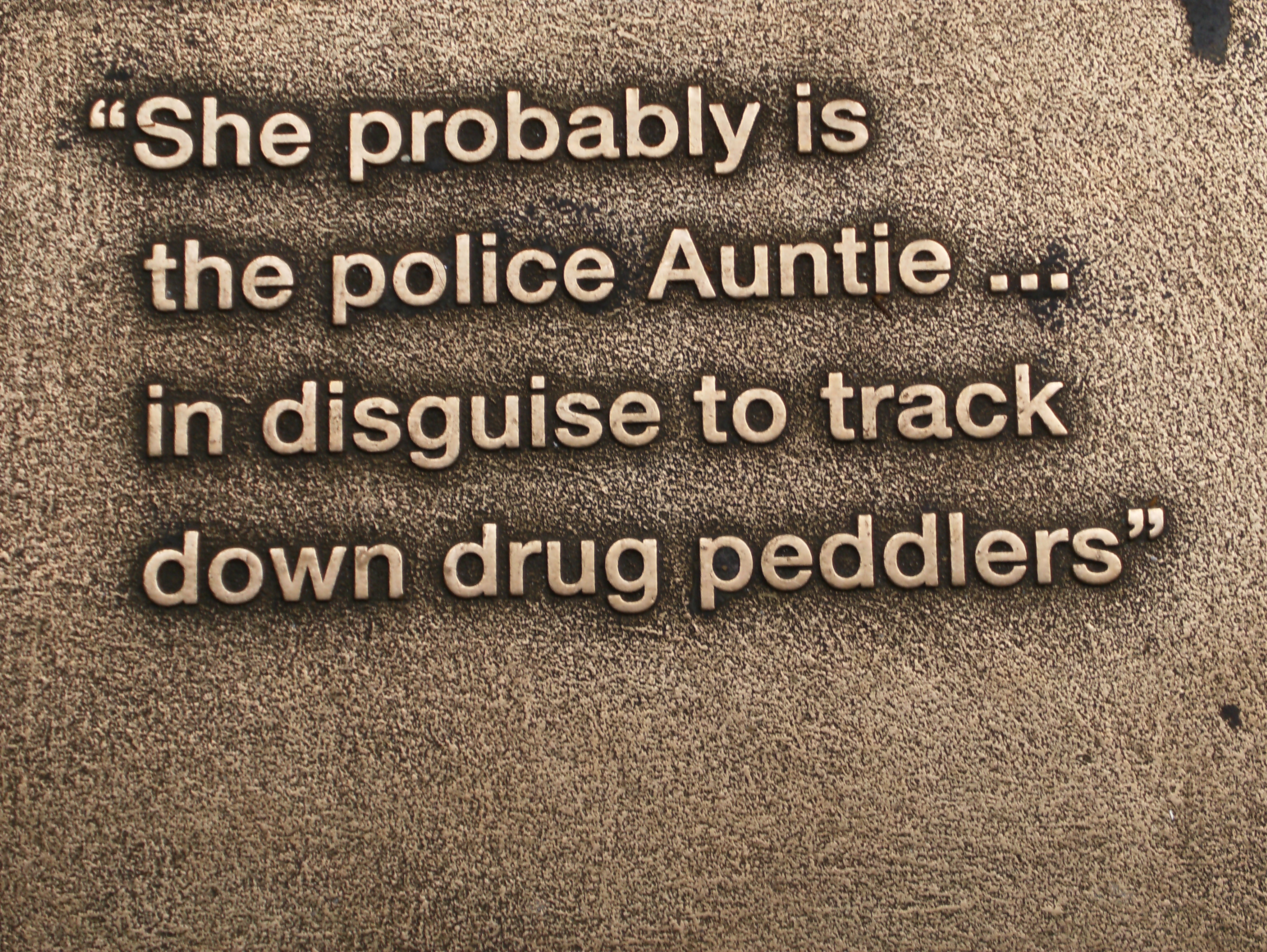A guest blog from Pivot director, Kerry Porth:
When I was asked to join Pivot’s board of directors in the fall of 2011, I never thought my acceptance would lead me to Australia! I have recently returned from the Global Convening of Campaigners for the Decriminalization of Sex Work hosted by the Open Society Foundations in Sydney, Australia (October 30 to November 2, 2012) where I was joined by several other sex work activists from Canada and another 39 activists from Australia, England, Fiji, India, Kenya, New Zealand, Papua New Guinea, Scotland, South Africa, and Zimbabwe. Nearly all of us were current or former sex workers and this was my first opportunity to meet individuals whose tireless work to advance the human rights of sex workers I have followed for years. Sydney was chosen as the location for the conference as New South Wales (the state in Australia where Sydney is located) decriminalized many aspects of sex work in 1988.
Get Updates
Using the law as a catalyst for positive social change, Pivot Legal Society works to improve the lives of marginalized communities.
We had an incredibly busy and demanding schedule but, despite the jet lag most participants were experiencing on day one, we spent an afternoon visiting a brothel and several organizations that provide support and services to sex workers, including a visit to Sydney’s Supervised Injection Site. Most of these were located in the historic and lively Kings Cross neighbourhood where there are many brothels, strip clubs and “adult” stores. The social justice history of the neighbourhood is commemorated in a number of brass plaques embedded in the side walk – some of which are quite funny.  This area reminded me a lot of the downtown east side as there were a number of homeless people, drug users, and aboriginal people – there was even an Astoria Hotel! I was particularly impressed by Clinic 180, a medical clinic that targets hard to reach and marginalized populations by offering completely anonymous services on a drop-in and appointment basis, such as general health assessment, testing and treatment for sexually transmissible infections (STIs), HIV and hepatitis, drug and alcohol assessment, counselling and referral to drug treatment and rehabilitation, women’s health checks, first aid and wound dressings, crisis counselling and access to sterile injecting and safe disposal equipment and condoms.
This area reminded me a lot of the downtown east side as there were a number of homeless people, drug users, and aboriginal people – there was even an Astoria Hotel! I was particularly impressed by Clinic 180, a medical clinic that targets hard to reach and marginalized populations by offering completely anonymous services on a drop-in and appointment basis, such as general health assessment, testing and treatment for sexually transmissible infections (STIs), HIV and hepatitis, drug and alcohol assessment, counselling and referral to drug treatment and rehabilitation, women’s health checks, first aid and wound dressings, crisis counselling and access to sterile injecting and safe disposal equipment and condoms.
 We learned so much from activists from Scarlet Alliance (Australia’s national sex worker organization) and the New Zealand Prostitute’s Collective about the need for sex workers to remain vigilant in a decriminalized environment as new regulatory and licensing schemes are enacted by municipal and state (provincial) governments which can result in de facto criminalization of sex work. For example, licensing of brothels is often so restricted that it becomes very nearly impossible to open one. Or, licenses will only be granted in industrial or rural areas where sex work is unlikely to occur or is unworkable. And street-based sex workers who, due to their visibility, are subjected to the greatest enforcement and face severe restrictions on where they are permitted to work.
We learned so much from activists from Scarlet Alliance (Australia’s national sex worker organization) and the New Zealand Prostitute’s Collective about the need for sex workers to remain vigilant in a decriminalized environment as new regulatory and licensing schemes are enacted by municipal and state (provincial) governments which can result in de facto criminalization of sex work. For example, licensing of brothels is often so restricted that it becomes very nearly impossible to open one. Or, licenses will only be granted in industrial or rural areas where sex work is unlikely to occur or is unworkable. And street-based sex workers who, due to their visibility, are subjected to the greatest enforcement and face severe restrictions on where they are permitted to work.
On the second last day, I was joined by Jenn Clamen of Stella (a sex worker organization in Montreal) and Amy Lebovitch (one of the individual plaintiffs in Ontario’s challenge to the sex work laws) to do a presentation on the strategic litigation going on in Canada regarding sex work law. We discussed the origins and progress of both the Ontario and BC challenges (the BC case is lead by SWUAV and Sheri Kiselbach, who are represented by Pivot). Amy discussed the impacts of being a plaintiff. Our group also met privately with representatives from New Zealand and Australia to seek advice for our work in Canada, and with South Africa and England to share our experiences in law reform and strategic litigation.
What I will remember most about this conference is the deep connection I had with other sex workers. We came from all over the world and yet we shared the same issues and serious challenges to overcome: stigma, criminalization, violence, police corruption and abuse, the conflation of sex work with trafficking, and the exclusion of our voices. There was no need to explain ourselves to one another and there were always a set of arms to step into when we were overwhelmed or upset. We all share the value of “nothing about us, without us” and re-affirmed our commitment that the campaign to decriminalize sex work must be lead and directed by sex workers with the support of our allies.
- Kerry Porth


